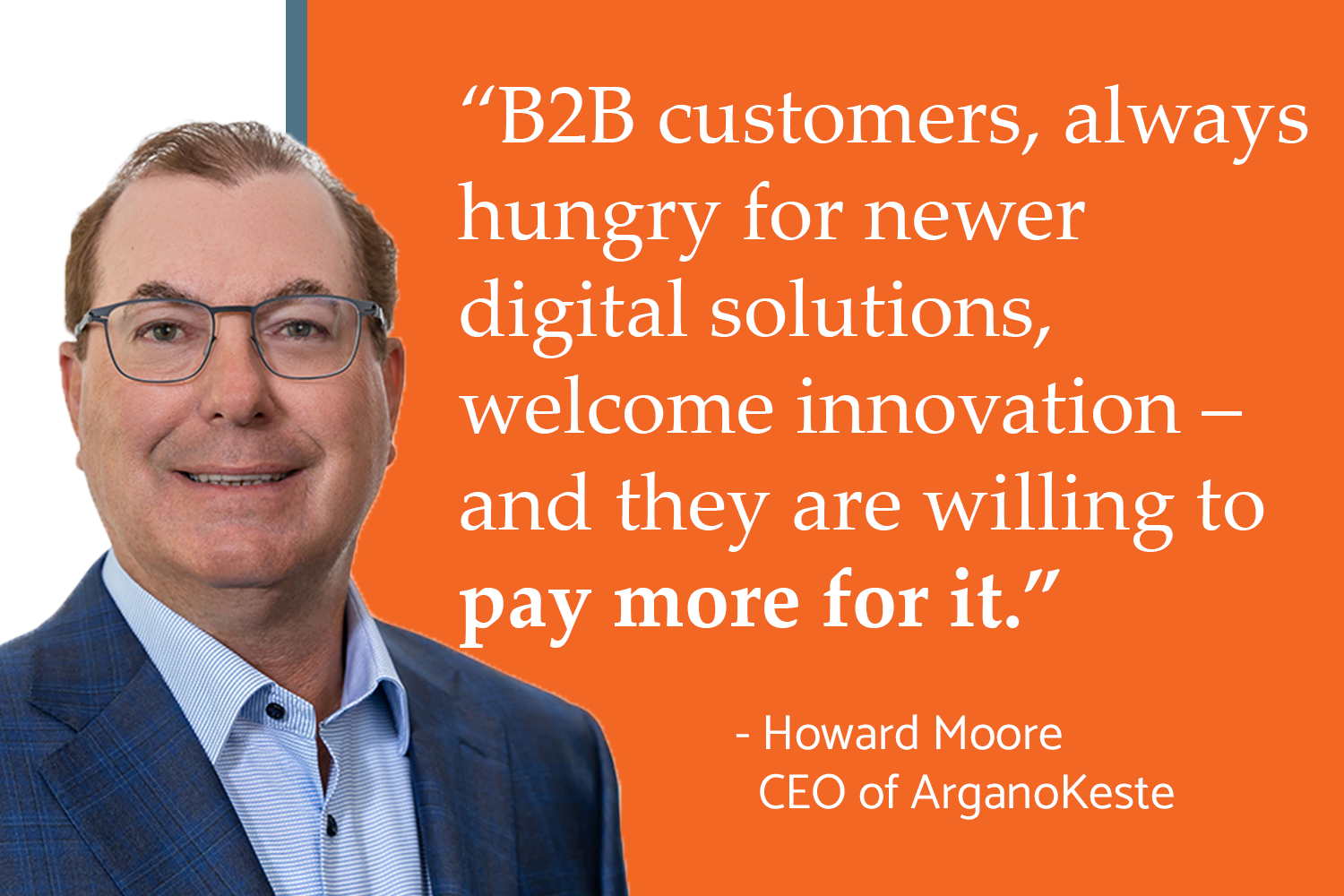10 Reasons Oracle CPQ Cloud Fits the Complex Sales Cycle
 Without the right quoting tools, complex B2B sales cycles are prone to developing a bad case of “the slows”. Inaccurate configurations, operational inefficiencies, bottlenecks in approval cycles and even data integrity issues lead to unnaturally long sales cycles which, in turn, lead to lost deals and revenue.
Without the right quoting tools, complex B2B sales cycles are prone to developing a bad case of “the slows”. Inaccurate configurations, operational inefficiencies, bottlenecks in approval cycles and even data integrity issues lead to unnaturally long sales cycles which, in turn, lead to lost deals and revenue.
Oracle CPQ Cloud provides the support that a high-throughput quote to cash process needs. It’s a one-stop shop — no longer do sales organizations need to work with a hodgepodge of applications in order to generate complex sales.
With its complex business rules, guided selling, complex validations and upsell /cross sell capabilities, it offers accurate configurations as well as price execution, approval workflows, quoting and proposal generation. With Oracle CPQ Cloud, sales organizations have a versatile, modern and efficient system for developing highly accurate customer quotes.
Still not convinced? Whether you represent your company’s line of business or the IT group, here are 10 more compelling reasons why Oracle CPQ Cloud performs better than combining a variety of on-premise modules:
- Improved Sales Rep Adoption Rate – Oracle CPQ Cloud is accessible by mobile devices and its flexible user interface provides an intuitive and superior user experience. Its configurable processes make it easier and faster for your sales people to quickly produce quotes in the field and get on the go approvals. Our customer success stories show that CPQ Cloud can make your sales organization up to 50% more proficient at rapidly responding to RFPs.
- Better Financial Control for Higher Profitability – Built-in discount approval processes, workflows and hierarchies ensure that acceptable margins are maintained for each configuration and quote. CPQ Cloud also supports multi-currency and flexible pricing execution options by leveraging its powerful commerce pricing engine. It also offers different price management mechanisms, and the reporting engine framework can analyze and provide insights on a variety of deals to aid in better pricing strategies.
- Multi-channel Sales Enablement – Oracle CPQ Cloud can be easily configured to handle business process nuances around a variety of sales channels, further empowering your direct sales teams. In addition, the application can be integrated seamlessly with partner/B2B e-commerce portal applications to allowing companies to exponentially grow 3rd party channel sales models.
- Collaborative Workflows for Quote Development – CPQ Cloud has a flexible workflow approval engine that caters to all participating user groups in the quoting process – legal, engineering, sales ops, etc. It allows multiple users across the company to collaborate to quickly develop quotes and get proposals to customers quicker. This eliminates the inherent delays that come with circulating proposals up and down the approval chain of command for review. This alignment can help increase growth up to 36%.
- Complete Proposal Generation Capabilities– Comprehensive multi-language proposals can be generated directly from Oracle CPQ Cloud, rather than from 1) a combination of other ancillary ERP modules or 2) through the integration to other 3rd party systems. This ensures customers receive consistent pricing and proposal formatting, and provides sales teams with end-to-end visibility into the opportunities being quoted. Additionally, integration with e-signature applications makes Oracle CPQ Cloud more efficient and further enhances the customer experience.
- Increased Operational Efficiency – Changes necessary to support an ever-evolving and competitive business environment (pricing, products, and approval structures) can be made very rapidly. Oracle CPQ Cloud shrinks time-to-market at a faster rate than other CPQ solutions.
- Powerful Reporting and Analytics – Oracle CPQ Cloud’s reporting functionality gives management easy-to-use forecasting tools and helps with the tracking of metrics, KPIs and market trends.
- Regular Product Enhancements – The Oracle CPQ Cloud product roadmap has 2 releases per year to cater to companies’ evolving CPQ needs. Additionally, Oracle is constantly introducing more integrations between CPQ Cloud and Oracle EBS.
- Reduced Asset Maintenance Cost – As a SaaS offering, CPQ Cloud eliminates all of the infrastructure, maintenance and performance administration costs that are inherent with an on-premise solution.
- Versatile Integration Platform – Integration mechanisms can be point-to-point or via middleware interfaces. With the out-of-the-box connectors, Oracle CPQ Cloud is easily integrated to a variety of CRM systems. There are standard point-point integrations between Oracle CPQ Cloud and some of the Oracle EBS modules. The same integration mechanisms can be applied to support 3rd party graphical tools, other ERP modules, tax callouts and e-signature functionality (as mentioned above) as well. This shortens the lead-to-order cycle by efficiently bridging the sales-quoting-to-order-fulfillment process and helps drive growth by 5-36% (Source: Sirius Decisions).
So ask yourself…shouldn’t your sales teams be using a modern CPQ platform to generate their quotes and proposals to support their complex sales cycle? Let the Keste experts show you how you can take advantage of Oracle CPQ Cloud. Contact us at solutions@keste.com and let’s talk about how you can significantly improve your speed-to-quote and start winning more deals.








